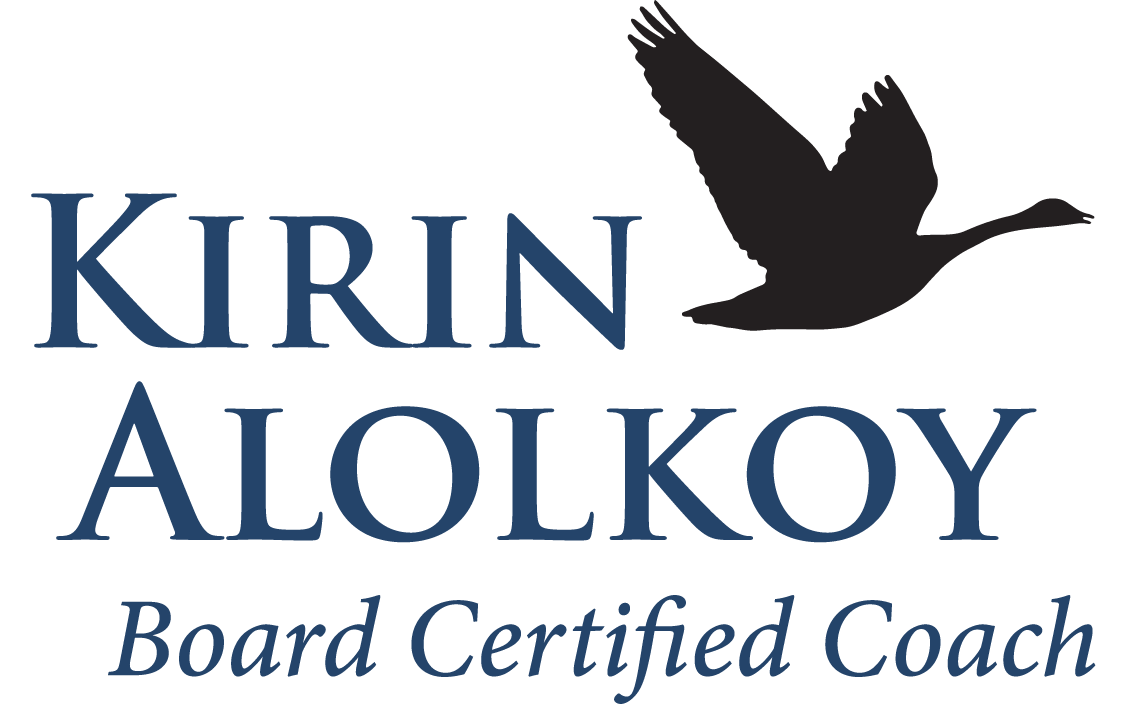Therapist or Coach
I’ve always been fascinated with personal growth—ever since my first therapy session at age 19. As a young adult, I was fortunate to have a close association with the Gestalt Institute of Cleveland as a therapy client and workshop participant. Years later, I attended workshops there to help round out my professional training as a psychotherapist. From therapy client and workshop participant to graduate student to licensed psychotherapist, the quest to understand what helps people heal, grow, and fulfill their potential has long been a guiding force in my life.
As a therapist, I was privileged to support many clients through pivotal transformations, and I was awed by the healing power of presence and empathy. Yet psychotherapy was never the right career fit for me. It wasn’t until I discovered the field of professional coaching that things “clicked” and I knew I’d found my true path within the field of human development.
Many therapists add coaching to their skill set instead of replacing therapy with coaching. As long as they’re professionally trained in both fields, hold the necessary credentials, and practice within the ethical bounds of each profession, this is a perfectly viable option—as long as they’re not simultaneously seeing the same clients for both kinds of work. Other therapists choose to leave behind their therapy practice in favor of coaching.
Coaching was a better fit for me for several reasons. The coach-client relationship is essentially empowering in nature, while the therapist-client relationship is often reparative. On some level, every positive relationship we have with anyone—client, friend, colleague, or even grocery clerk—can be reparative, but psychotherapy is designed to place the reparative element front and center. A certain level of responsibility comes with the territory of being in that reparative role with clients, and it’s common in psychotherapy to assume that responsibility for years at a time. For me, coaching has a lightness to it because I’m not in that role. Although I respect and honor the unique role I do play in the lives of my coaching clients, it never feels weighty or burdensome.
Another reason that coaching is a great fit for me is because I work with clients who come to me motivated to move forward in their lives. Therapy clients aren’t necessarily thrilled about the process they’re engaged in, and they often start therapy because they’re stuck and in a great deal of pain. For some clients, therapy sessions feel like going to the dentist—a necessary procedure for addressing a problem but one they don’t look forward to or revel in.
Coaching clients don’t necessarily have clarity about how to move forward—that’s what we discover together—but they bring to coaching a lot of “juice” to power the process. They seek me out as a coach when they’re ready to try new strategies and get new results, and their hunger to reach the next level of their lives is a powerful ingredient in the coaching process. Working with clients who bring excitement and readiness for change to our sessions is exciting and deeply satisfying.
It’s crucial to be mindful of any agenda I bring to sessions. My responsibility—and great joy—as a coach is to support my clients to become their best selves according to their vision, not mine. The pace at which they progress is their own as well. Yet on the whole, I see more visible progress with coaching clients than I did as a therapist. The faster pace definitely “ups” the satisfaction factor for me.
Some practitioners have a gift for “sitting in the soup” with clients and helping them get out. Other practitioners have a gift for supporting clients to design strategies for moving “full steam ahead” toward their goals. My gifts lie more in the second category, and it was liberating to finally realize that and move forward grounded in that understanding. Everyone wins when we identify our unique gifts and contribute them to the world.

“Every day I make an effort to go toward what I don’t understand. This wandering leads to the accidental learning that continually shapes my life.”
— Yo-Yo Ma, cellist
